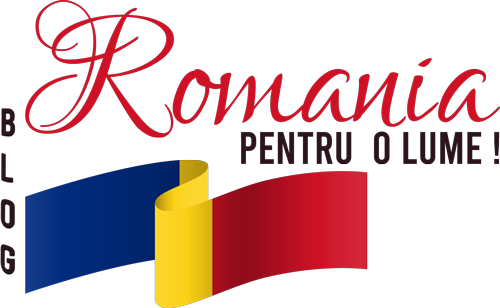Geopolitical context current
Romania is situated in a complex geopolitical environment, characterized by rising tensions in Eastern Europe. In recent years, the relationships between NATO and Russia have significantly worsened due to Russia’s annexation of Crimea and the conflict in Eastern Ukraine. These events prompted the North Atlantic Alliance to bolster its military presence on the eastern flank to deter any potential Russian aggression.
In this setting, discussions regarding the possible hosting of American nuclear weapons by Romania gain exceptional strategic importance. The deployment of such weapons on Romanian soil could represent a strong signal of the United States’ commitment to the security of its Eastern European allies. Simultaneously, it could intensify the geopolitical rivalry between the West and Russia, with the potential to alter the power balance in the region.
Amid these tensions, Central and Eastern European countries, including Romania, are reassessing their security priorities and defense strategies. The increased presence of NATO forces in the region is perceived as a necessary measure to counter emerging threats and ensure long-term stability. In this regard, Romania, as an active Alliance member, plays a crucial role in efforts to strengthen regional security.
Impact on national security
The decision to host American nuclear weapons would have significant implications for Romania’s national security. This move could strengthen the country’s defensive position, providing an additional layer of deterrence against potential external threats. In a conflict scenario, the presence of nuclear weapons could deter a direct attack on Romanian territory due to the significant risks involved for any aggressor.
However, the deployment of such weapons could turn Romania into a strategic target for hostile forces, increasing the risk of preemptive attacks or military responses if regional tensions escalate. This might require additional investments in defense infrastructure and rapid response capabilities to effectively protect these sensitive facilities.
Furthermore, close collaboration with international partners would be necessary to develop security protocols and crisis management measures aimed at preventing unintended incidents and ensuring efficient coordination in emergency situations. In this context, Romania should balance the strategic benefits of hosting nuclear weapons with the associated risks, ensuring that the decisions made align with its national security and stability interests.
International and regional reactions
The potential placement of American nuclear weapons in Romania has sparked a series of reactions on both the international and regional stage. Among NATO allies, these discussions are met with a mix of support and caution. Countries on the eastern flank, such as Poland and the Baltic states, might view this step as a reinforcement of collective security and a necessary measure to counter Russian threats. Nevertheless, there are also concerns about escalating tensions with Moscow.
On the other hand, Russia has reacted vehemently to rumors of American nuclear arms deployment in Eastern Europe, considering this a direct threat to its national security. Russian officials have warned that such moves could lead to response measures from Moscow, including further strengthening its military capabilities in the Kaliningrad region and other strategic locations.
Regionally, countries in the Balkans view developments in Romania with apprehension, considering that an increased military and nuclear presence in the area could destabilize the existing power balance and generate new regional tensions. At the same time, Western European states, while generally supporting NATO’s deterrence measures, are concerned about the risks of a new Cold War and the political and economic implications of an arms race.
In this context, Romania must carefully navigate its security commitments and the need to maintain stable relations with its neighbors and Russia. Intense diplomatic dialogue and cooperation with international partners are essential for effectively managing challenges and ensuring a coordinated approach to potentially escalating regional tensions.
Implications for Romanian-American relations
Romania’s decision to host American nuclear weapons could have profound implications for its bilateral relations with the United States. First, such a move would strengthen the strategic partnership between the two countries, demonstrating a firm commitment by Romania to collective security and shared values with the USA. This decision could lead to intensified cooperation in areas such as defense, information exchange, and military capability development.
On the other hand, Romania could benefit from additional support from the United States, not only in terms of security but also economically and diplomatically. The presence of nuclear weapons could attract American investments in defense infrastructure and stimulate technology and military expertise transfer. Additionally, Romania could gain a more influential position within NATO, contributing to shaping the Alliance’s security policies in Eastern Europe.
However, this decision is not without challenges. Romania must carefully manage the perceptions and concerns of European allies who might see such a decision as a destabilizing factor. Moreover, involvement in such strategic arrangements could put pressure on Romania’s relationships with other regional and global powers, requiring skillful diplomacy to balance various interests and maintain regional stability.
In conclusion, hosting American nuclear weapons could solidify Romanian-American relations but would also require careful management of international relations and potential security challenges. Romania must skillfully navigate these turbulent waters, ensuring its decisions align with its national interests and contribute to the long-term stability and security of the region.
Sursa articol / foto: https://news.google.com/home?hl=ro&gl=RO&ceid=RO%3Aro



